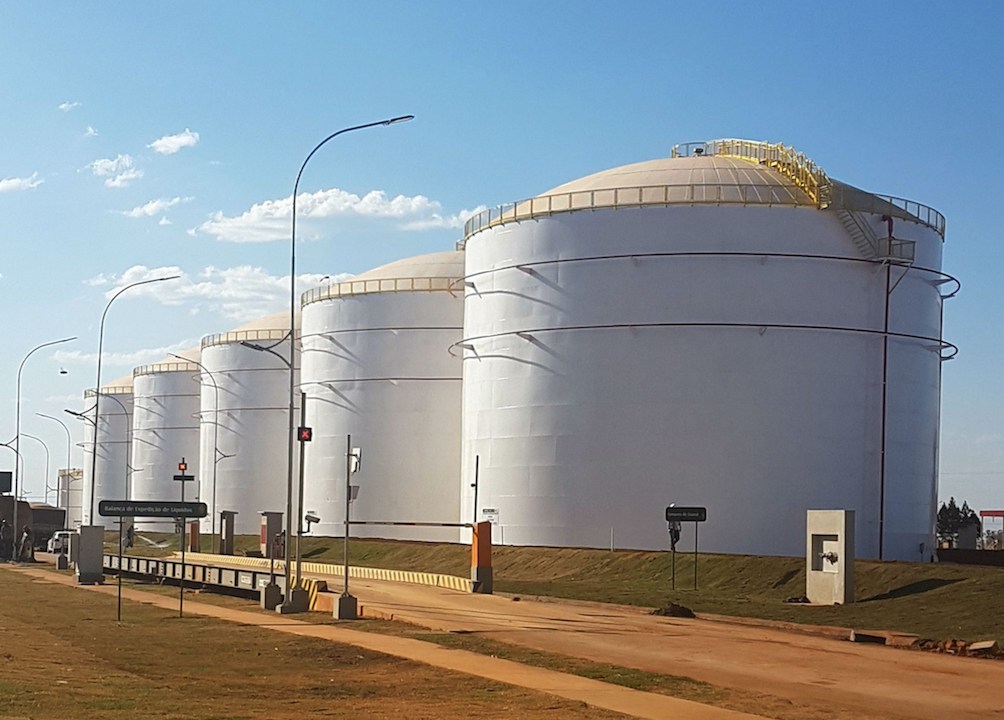HOUSTON, TEXAS (Editors at Energy Analytics Institute and Arko International, 18.Jun.2025, Words: 1,200) — Suriname — a small Caribbean country on South America’s northeastern coast — entered a new chapter on 25 May 2025, as national elections signaled potential political renewal amid rising economic expectations. Long overlooked by investors and regional policymakers, Suriname is increasingly positioning itself as a key player within the Guiana Shield — a fast-emerging energy corridor that includes Guyana, French Guiana, and Brazil.
Bordering booming Guyana to the west, French Guiana to the east, and Brazil’s equatorial margin to the south, Suriname’s strategic geography and recent offshore oil discoveries offer new possibilities for upstream development and regional integration. With the Guiana Shield poised to transform into a major oil basin, Suriname could become a logistics and services hub — especially as global developers seek alternatives to more politically volatile or saturated markets. This moment opens the door for public-private partnerships and cross-border infrastructure connectivity that could generate long-term dividends — if properly managed.
Suriname’s upstream sector is entering a critical takeoff phase. Discoveries in Block 58 — operated by France’s TotalEnergies and US-based APA Corporation — are set to anchor the largest economic project in the country’s history. While modest in global terms, these reserves could be transformative for its domestic economy. Unlike Guyana, Suriname benefits from relatively stronger institutional safeguards, including a more longstanding regulatory framework. Its alignment with Western energy majors — rather than Chinese state-owned firms — also sets it apart in a region where Beijing’s influence in extractive industries continues to grow.
READ THE COMPLETE BRIEF HERE
____________________
A special collaboration between Energy Analytics Institute (EAI) and Arko International. © 2025 Energy Analytics Institute (EAI). All Rights Reserved.


